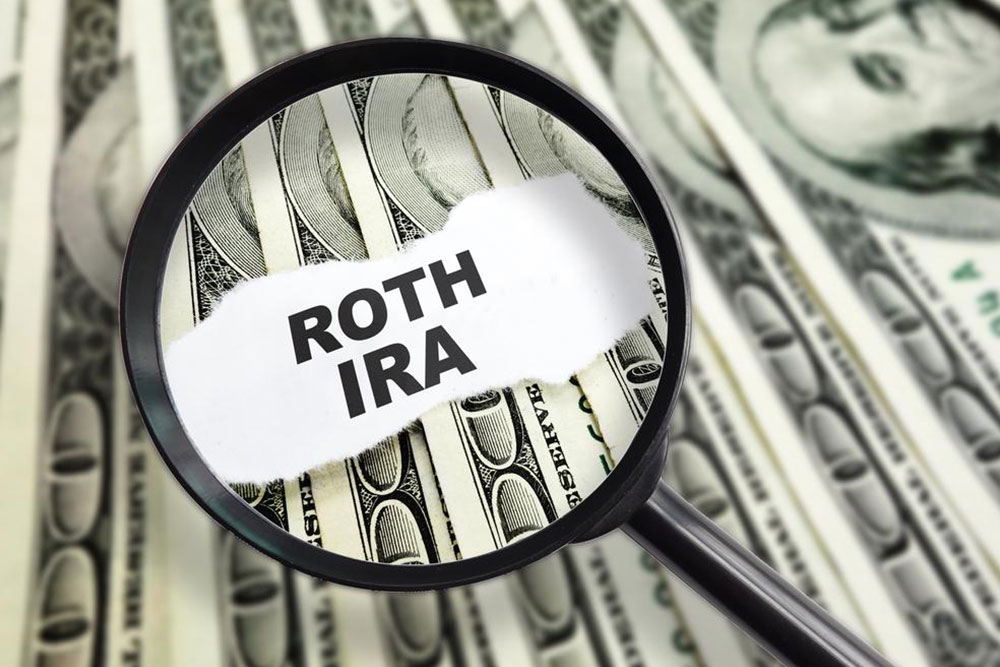Effective Strategies for Managing Your 401(k) Retirement Savings
Learn essential strategies to effectively manage your 401(k) retirement plan, including choosing the right account type, sticking to your investment plan, avoiding unnecessary fees, and smartly handling job changes to ensure long-term growth and security of your retirement savings.

Effective Strategies for Managing Your 401(k) Retirement Savings
A 401(k) plan is a vital tool for employees aiming to build a secure retirement fund. Contributions made to a 401(k) are tax-deferred, allowing investments to grow without immediate tax payments. Many employers also offer matching contributions, increasing the potential for growth. Here are key strategies to optimize your 401(k) savings:
Consider a Roth 401(k): Investing after-tax income in a Roth 401(k) means that qualified withdrawals during retirement are tax-free. If your current salary is low and expected to increase, paying taxes now may be advantageous. Conversely, if earnings are expected to fall, a traditional 401(k) might be better. If possible, contribute to both to diversify your tax exposure.
Stick to Your Investment Plan: It’s tempting to adjust your portfolio frequently, but maintaining a consistent asset allocation and long-term focus typically yields better results, even during market downturns.
Evaluate Investment Advice Fees: Free resources and online calculators can be effective for managing your investments. Paying high fees for advice might not be worthwhile for younger investors with limited assets. Prioritize learning and self-guided tools to save costs.
Avoid Early Withdrawals: Withdrawing funds before retirement can lead to taxes, penalties, and missed growth opportunities. Keep your savings intact to benefit from compounded growth over time.
Handle Job Changes Carefully: When leaving a job, avoid cashing out your 401(k), as it incurs penalties and taxes. Instead, transfer funds to your new employer’s plan or an IRA to preserve your retirement savings and keep them growing.










